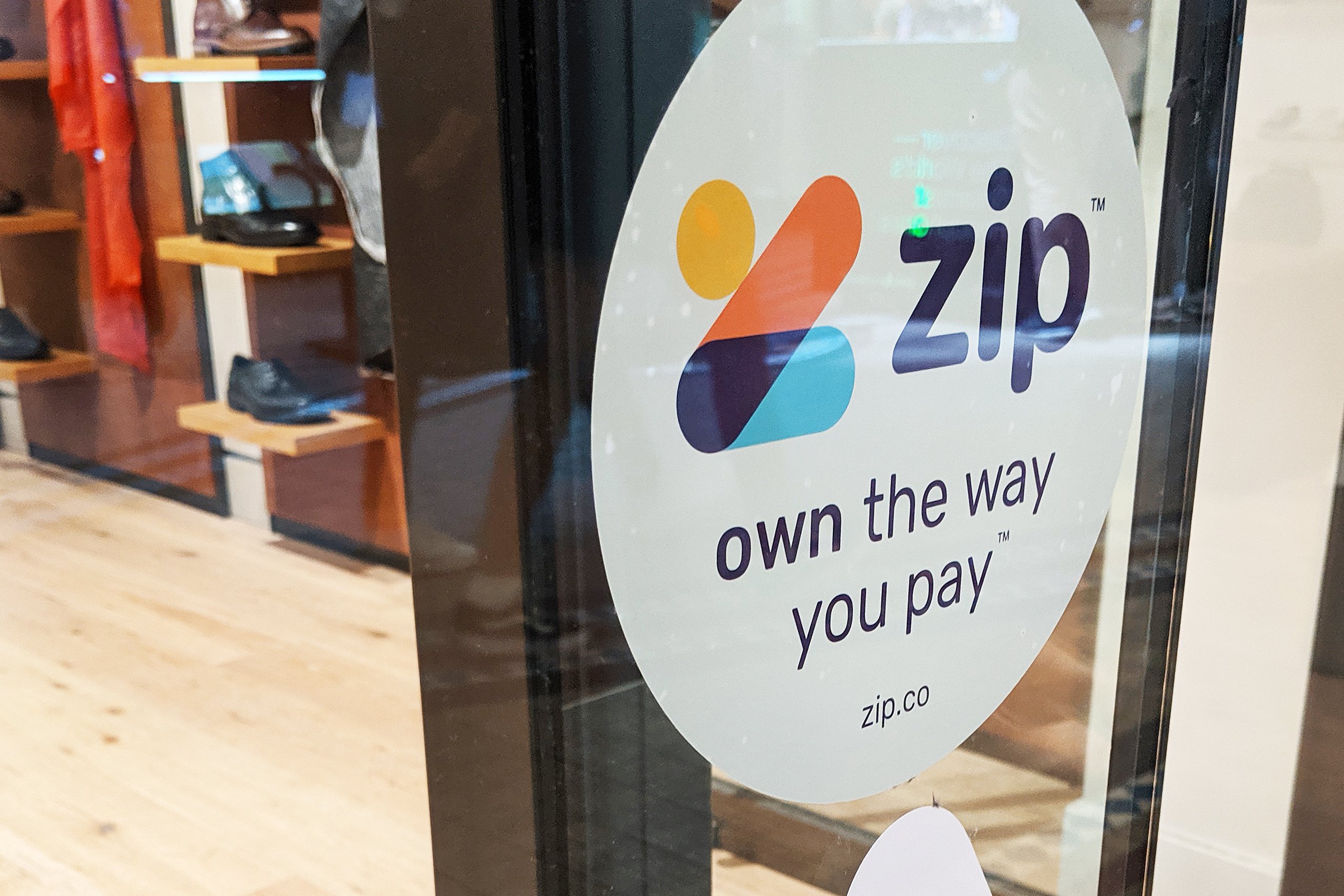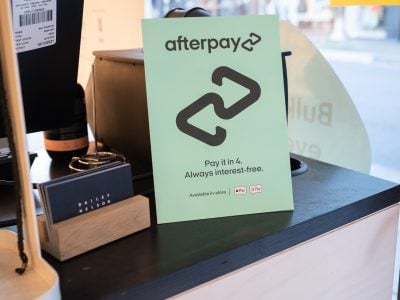If the plummeting share prices and rising bad debt levels weren’t enough to cause stress in the buy now, pay later sector, tight new lending restrictions will certainly frighten investors and operators alike.
Treasury is expected to deliver an issues paper regarding the sector in the coming weeks, which should bring Australian BNPL merchants in line with regulations passed in New Zealand, the US, and UK.
As it stands, BNPL schemes, such as those offered by Afterpay and Zip, are exempt from laws that protect borrowers who use credit cards or take out bank loans as they don’t charge interest and have a short repayment cycle.
Financial Services Minister Stephen Jones said in June that the Government would amend national credit laws so that buy now, pay later serviced as regulated as credit products.
These laws are due to come into play mid-2023, but won’t simply replicate those covering credit cards and bank loans.

“We will ensure they are regulated appropriately, and the National Consumer Credit Act is the appropriate place for regulation,” Jones said at the time.
“We are not interested in having a conversation about whether this particular service is credit or not,” he said.
“If it looks like a duck, walks like a duck, sounds like a duck, it’s a duck – and it should be regulated as a credit product.”
The BNPL services have engaged with Treasury on the issues paper, as did Consumer Action Law Centre chief Gerard Brody, who warns of creeping national debt problems stemming from the services.
“Buy now, pay later and these early-wage-access providers are increasingly coming up in calls to the national debt helpline,” Brody said.
“They use very similar loopholes.
“We argued that it should be brought within the National Consumer Credit Protection Act and the Credit Code, so each of these providers are required to be licensed.”

Treasury will also likely change laws so they BNPL debts are listed on credit reports.
Afterpay parent company Block has dropped 46.7 per cent in the past six months, losing 13.4 per cent in the past month alone.
Zip has fared even worse, losing 90.9 per cent of value in the past twelve months.
Tighter regulations certainly don’t seem likely to lift share prices, unless the legitimacy that comes with regulation make it seem a more stable investment.








































.webp)





